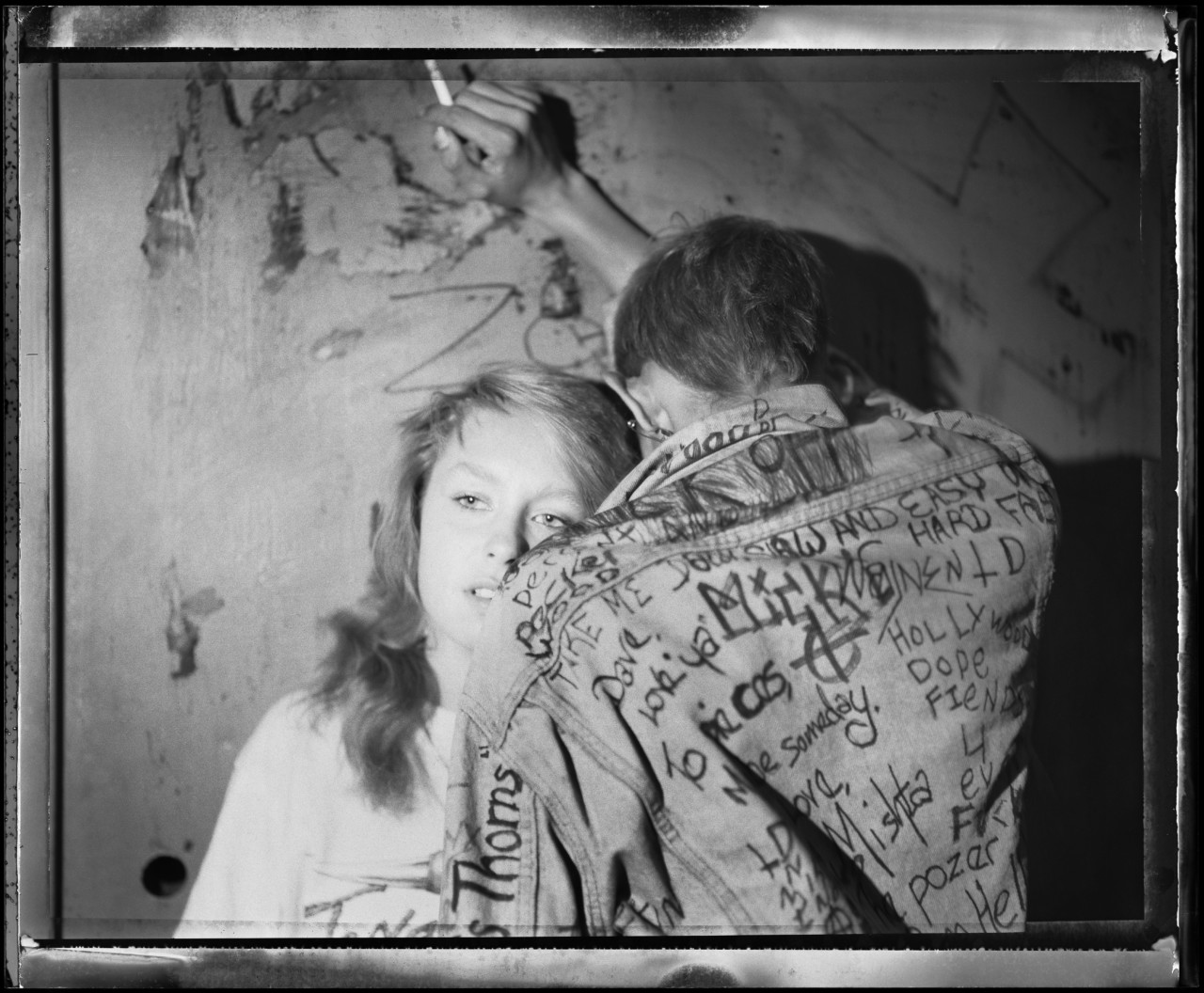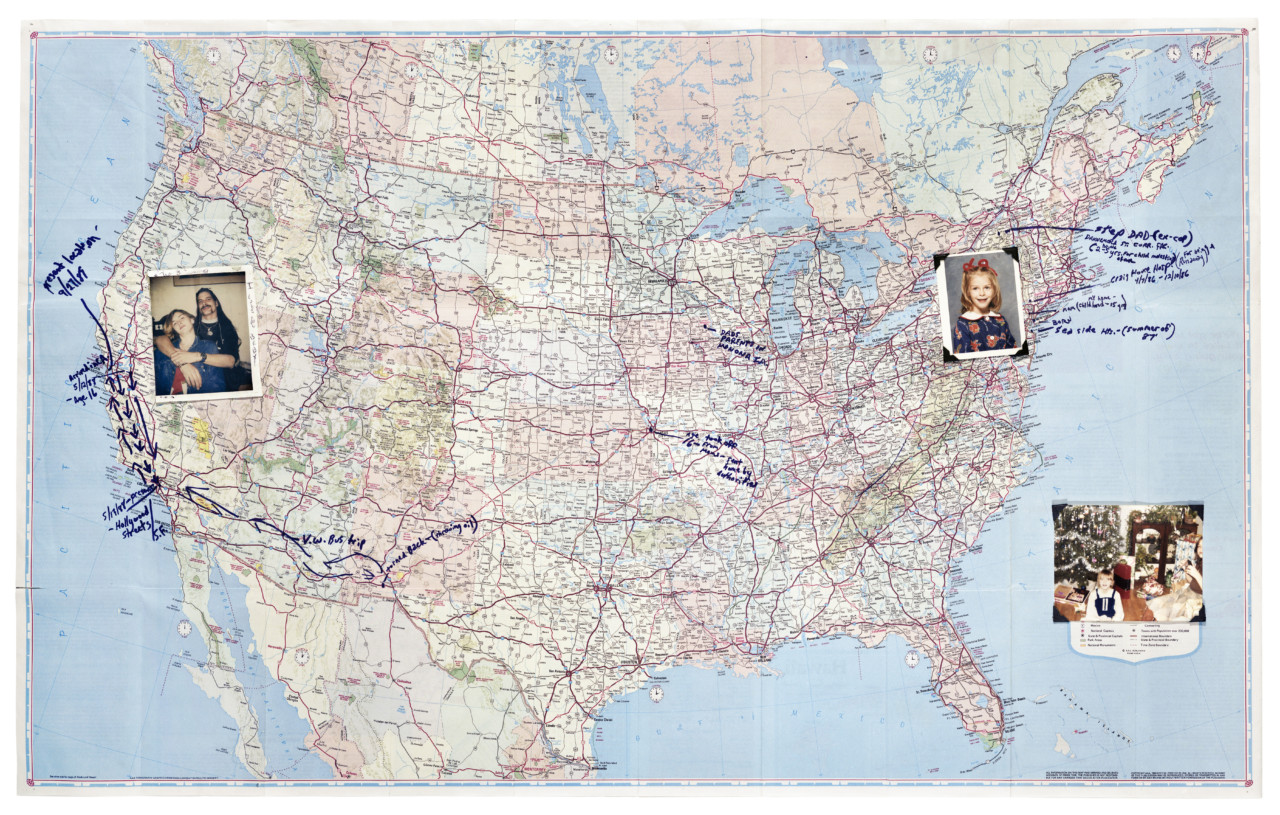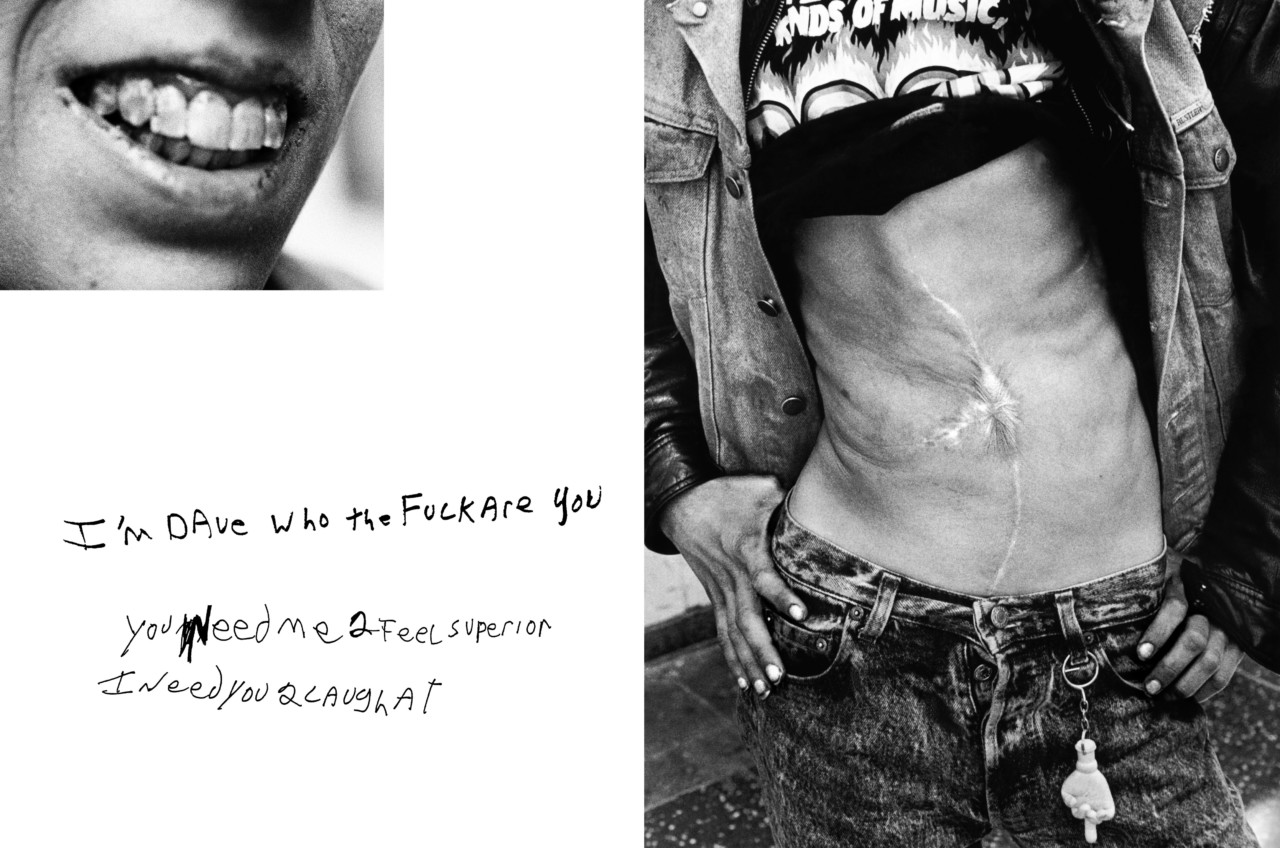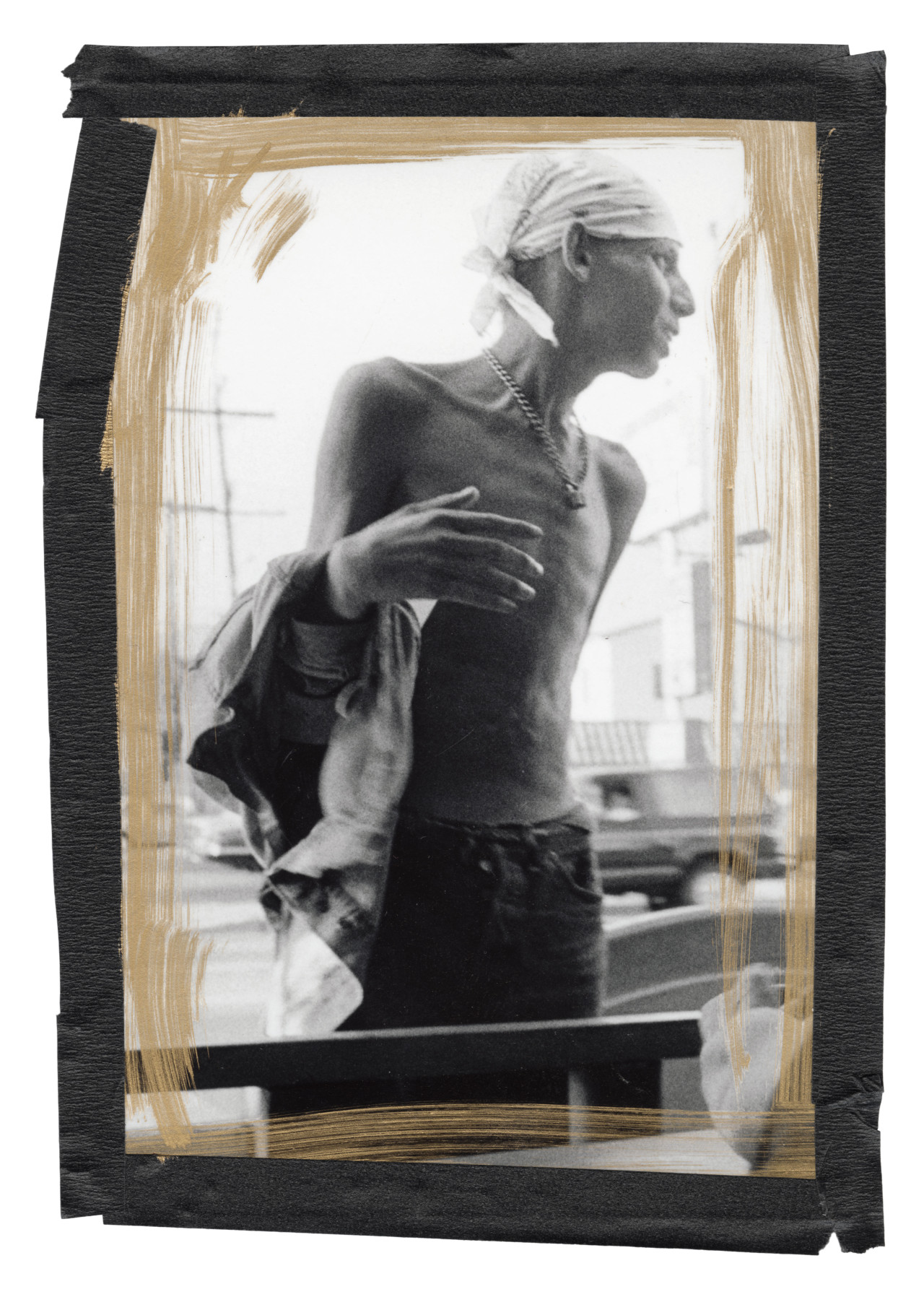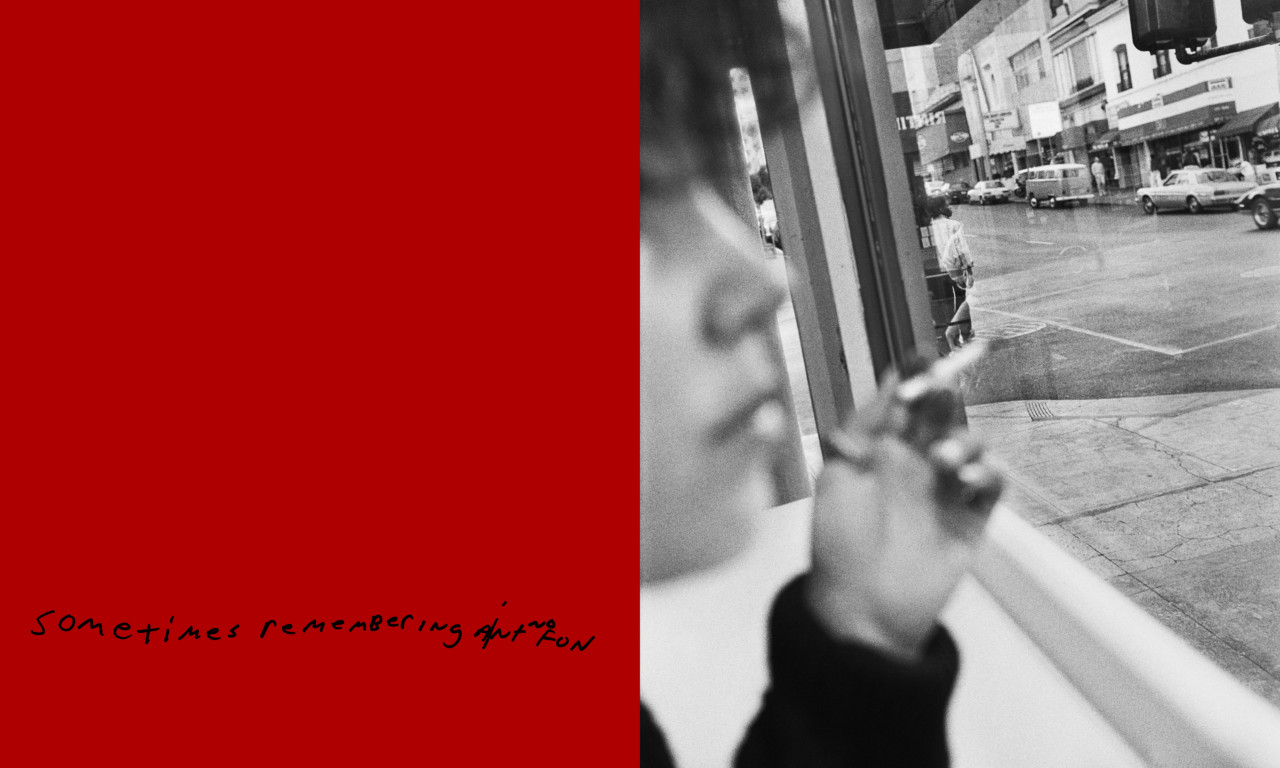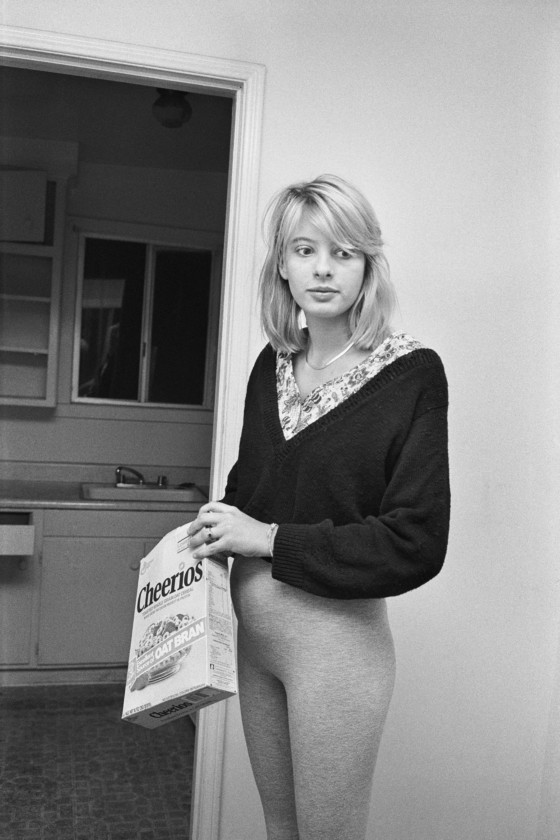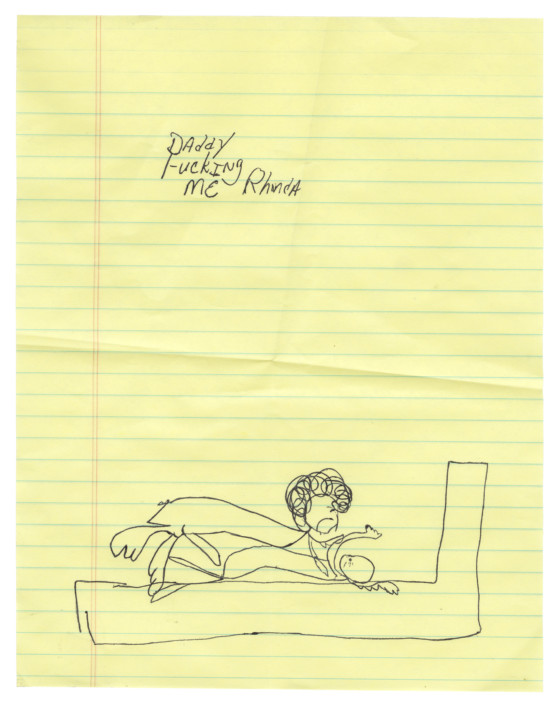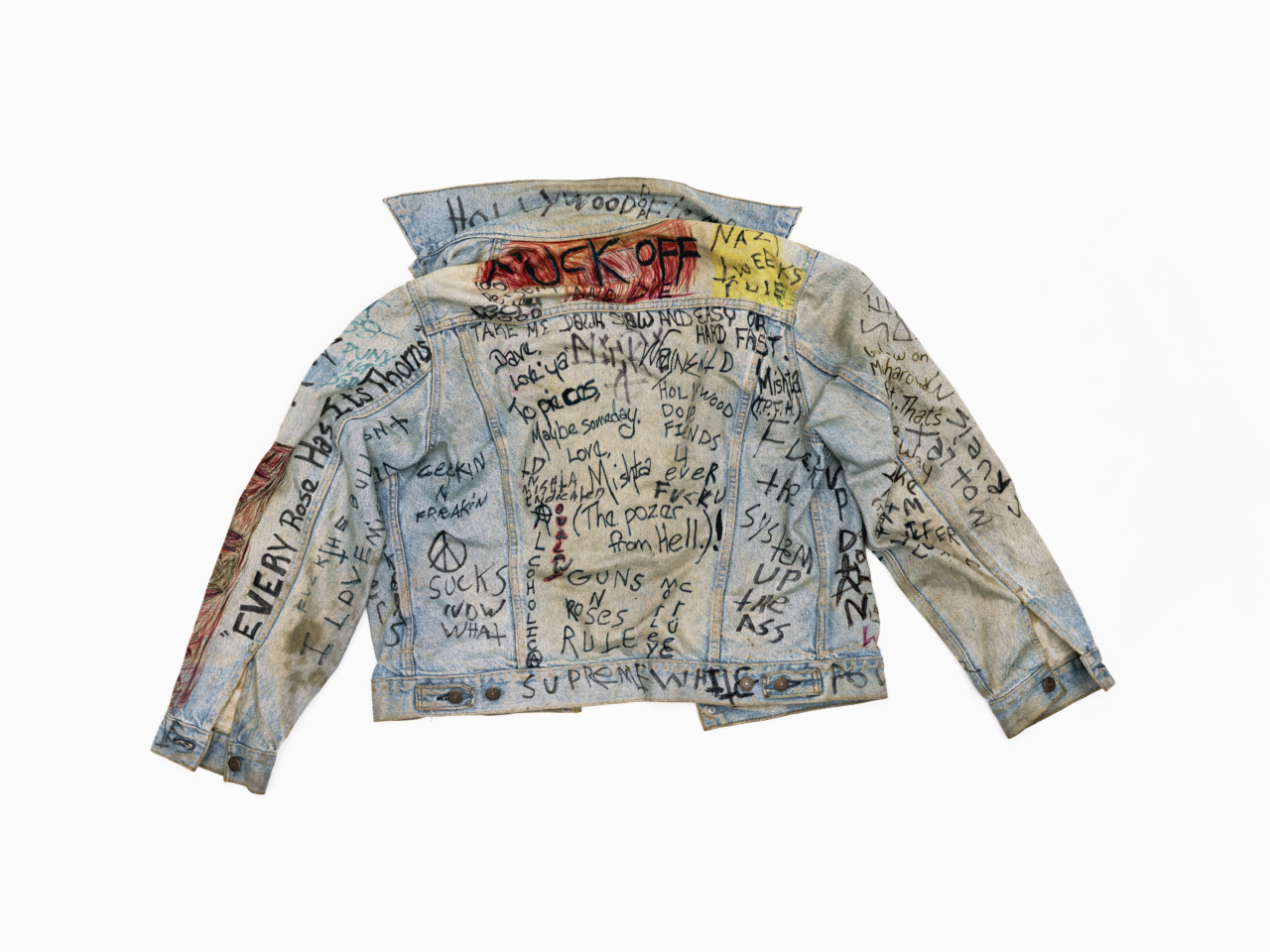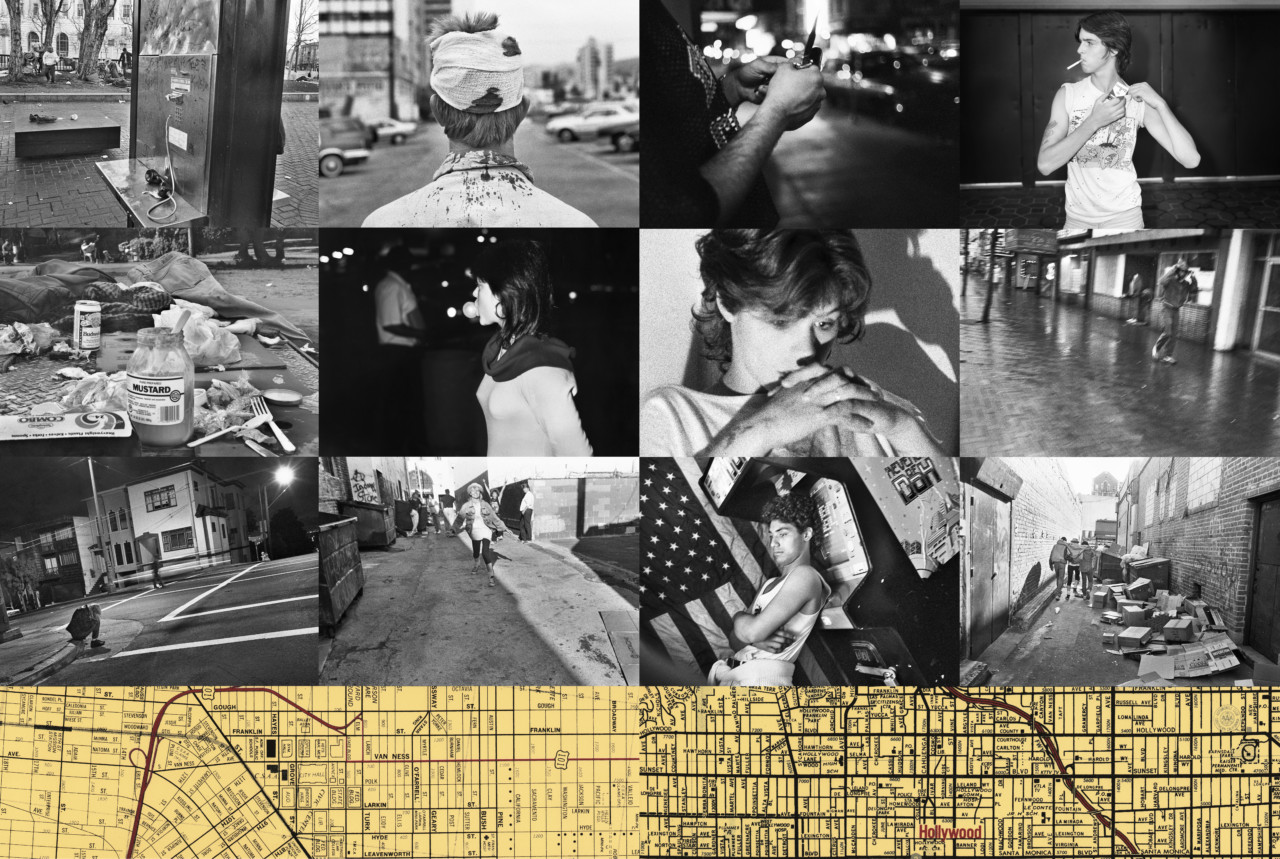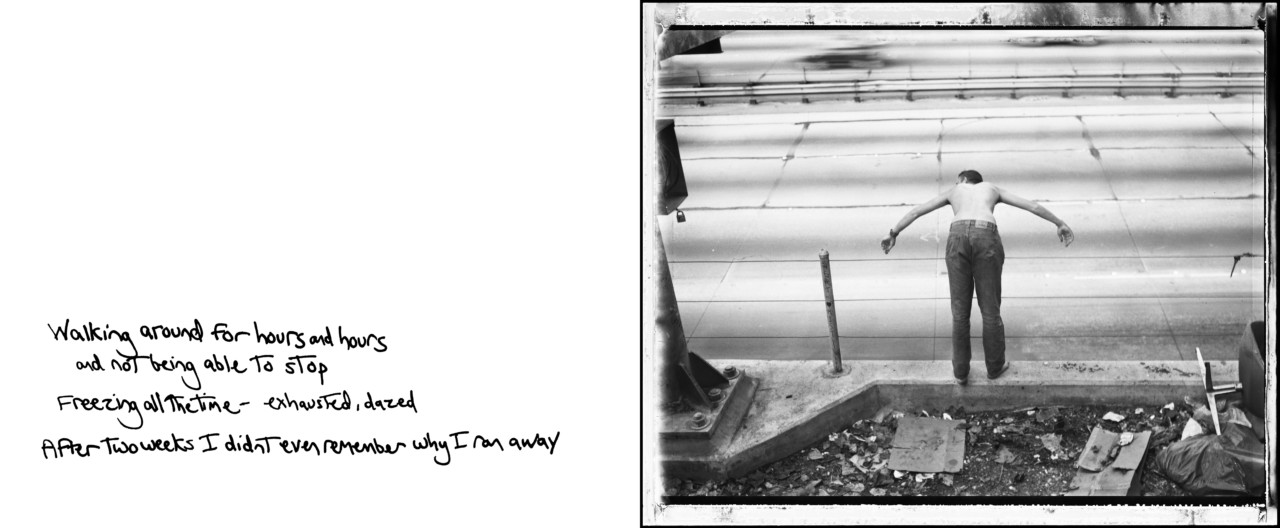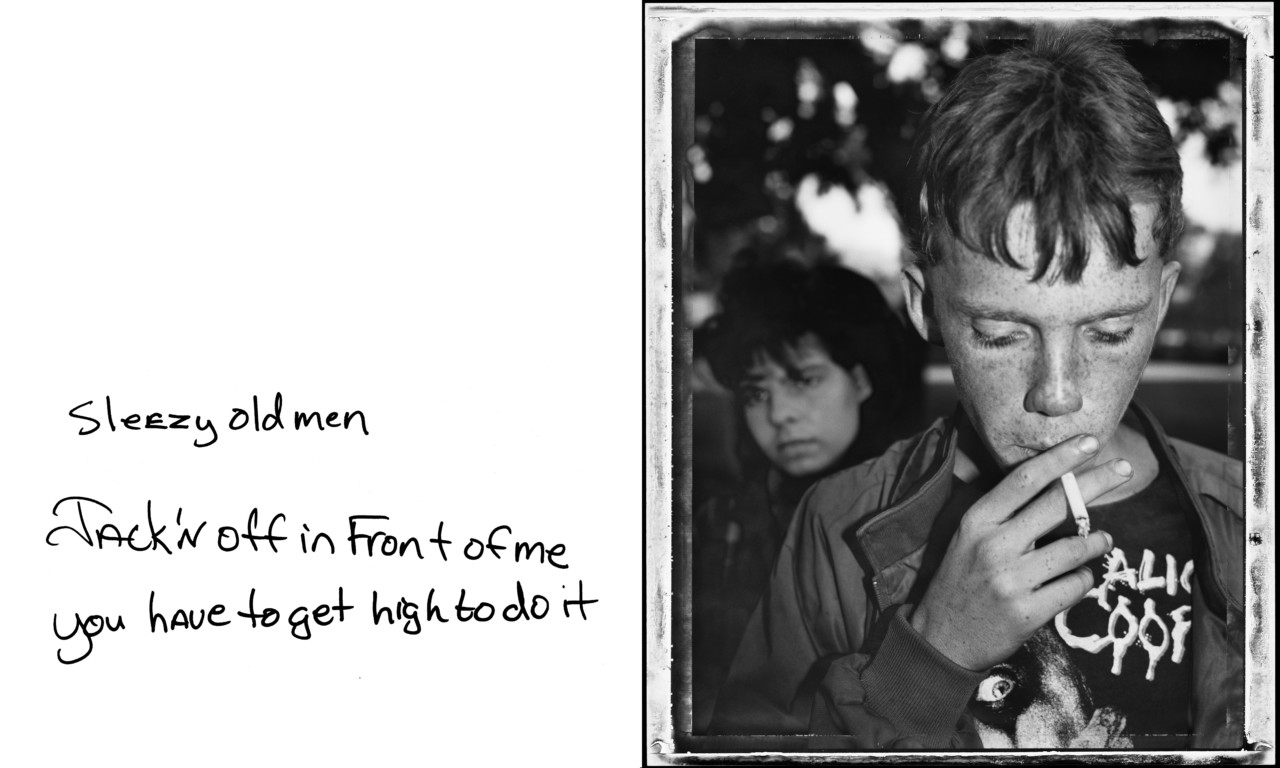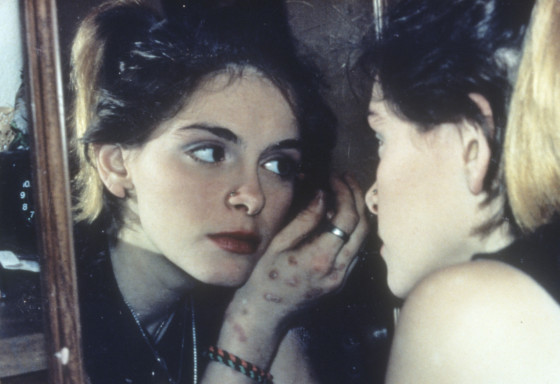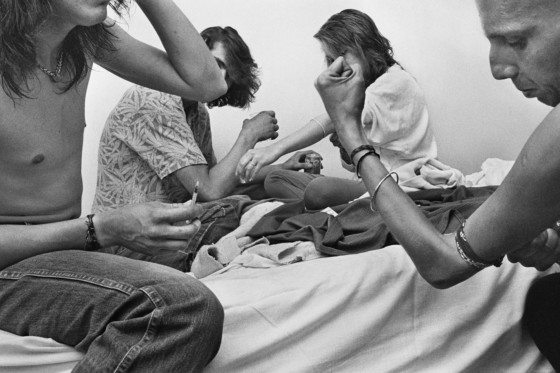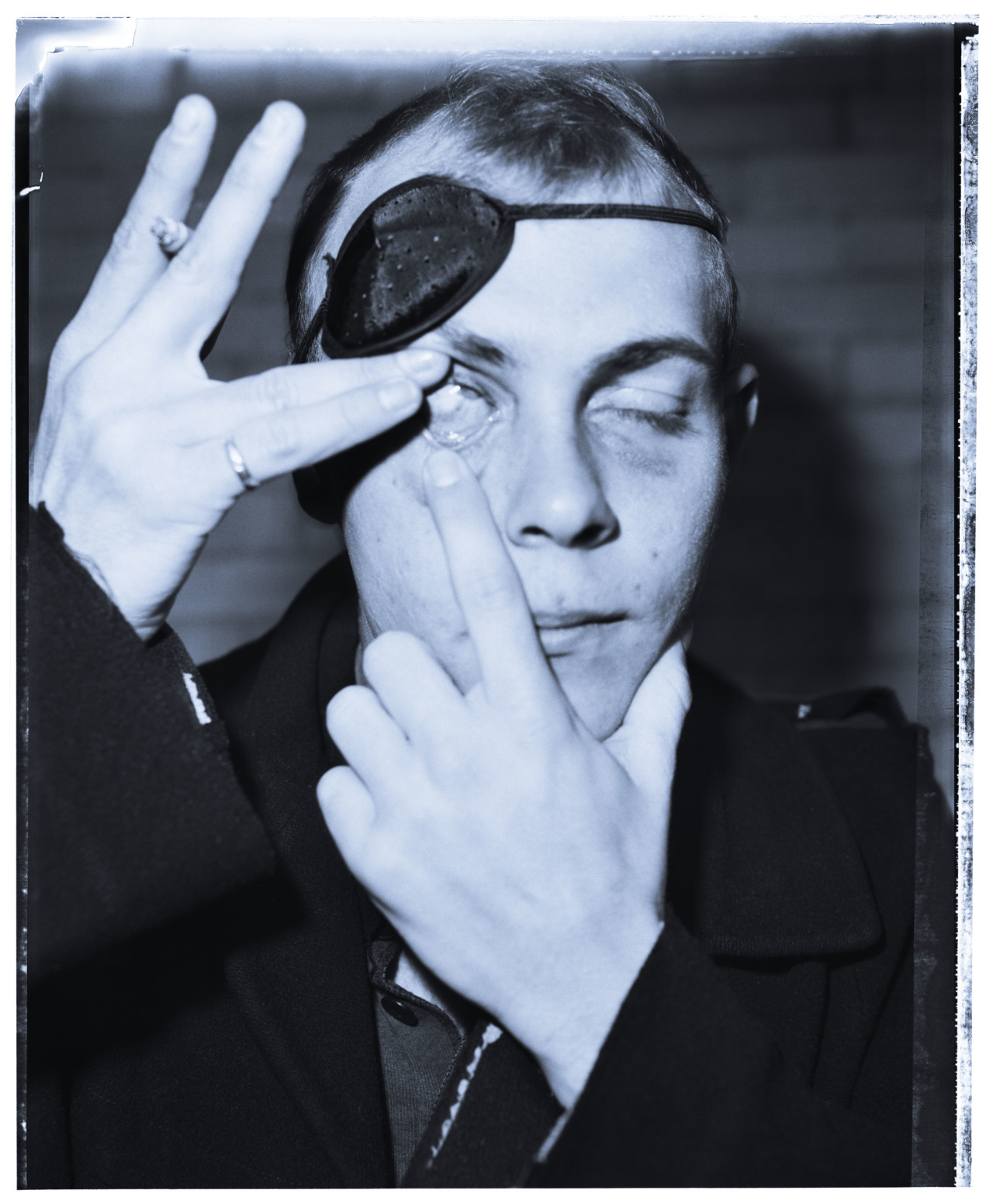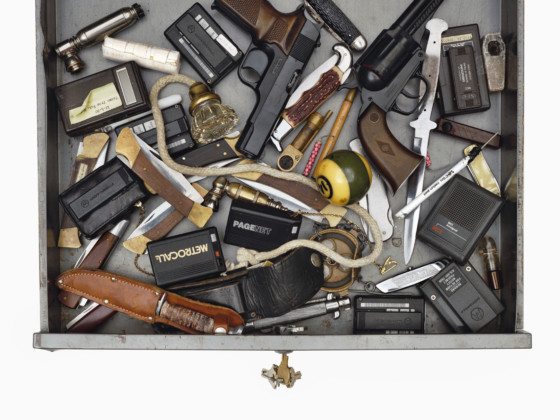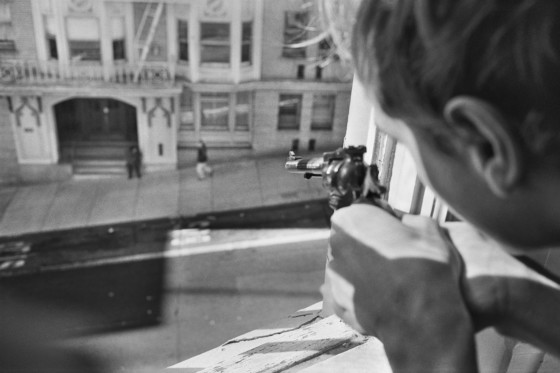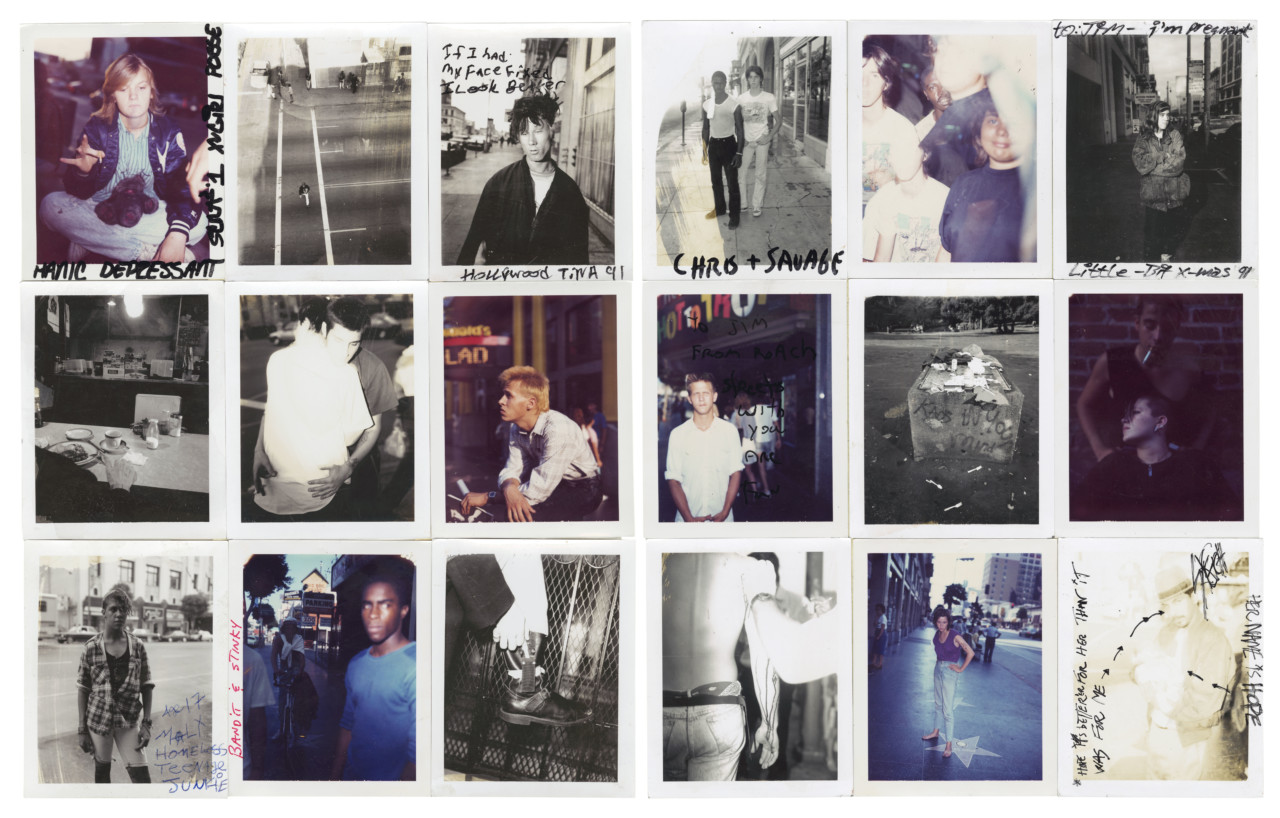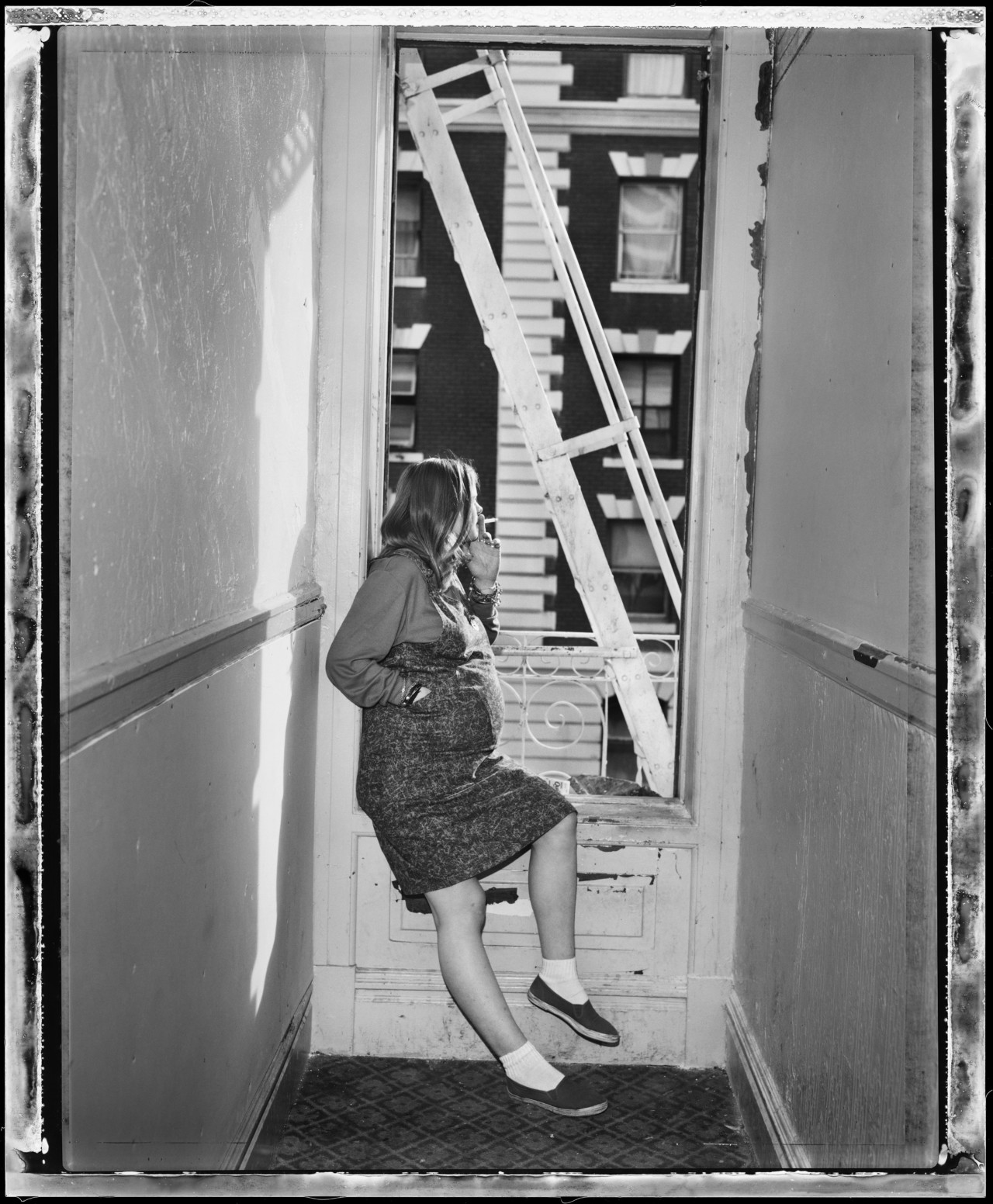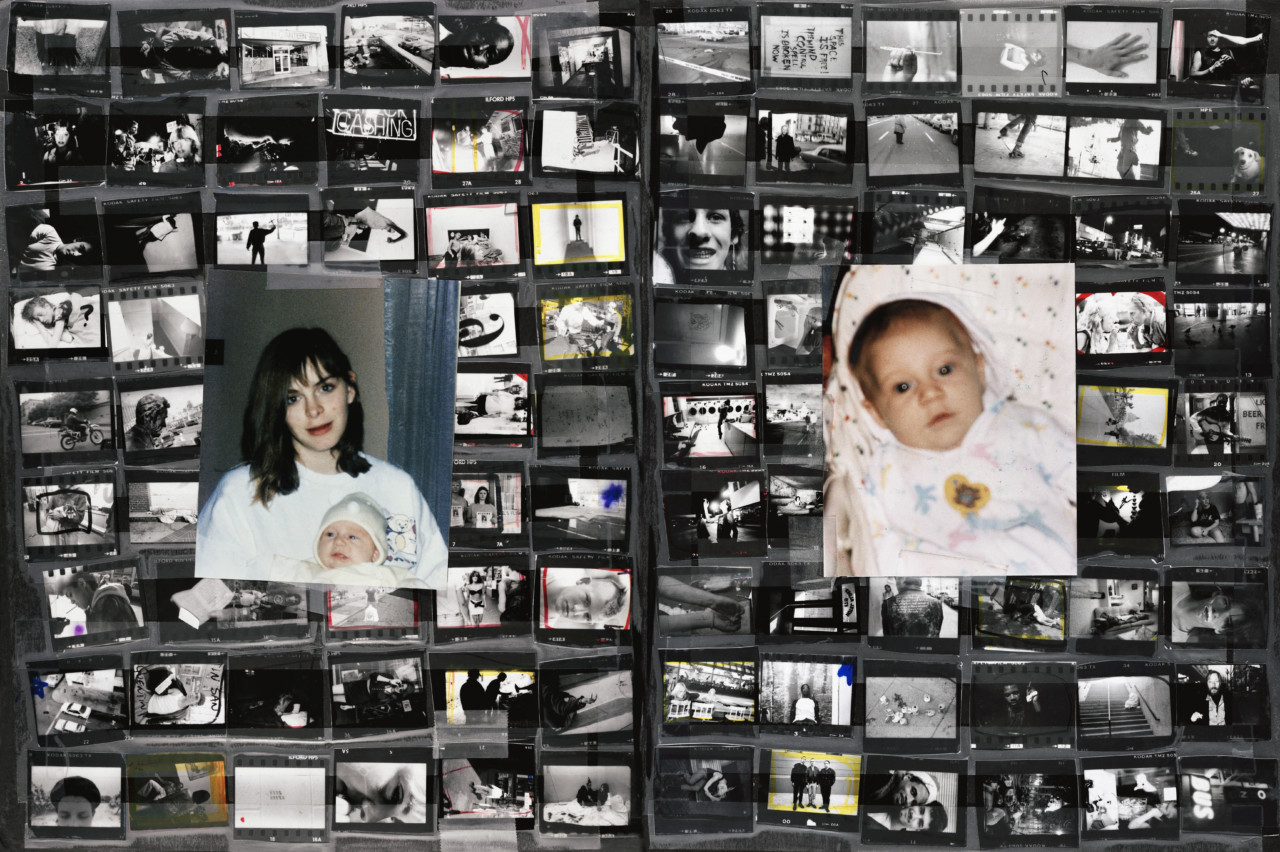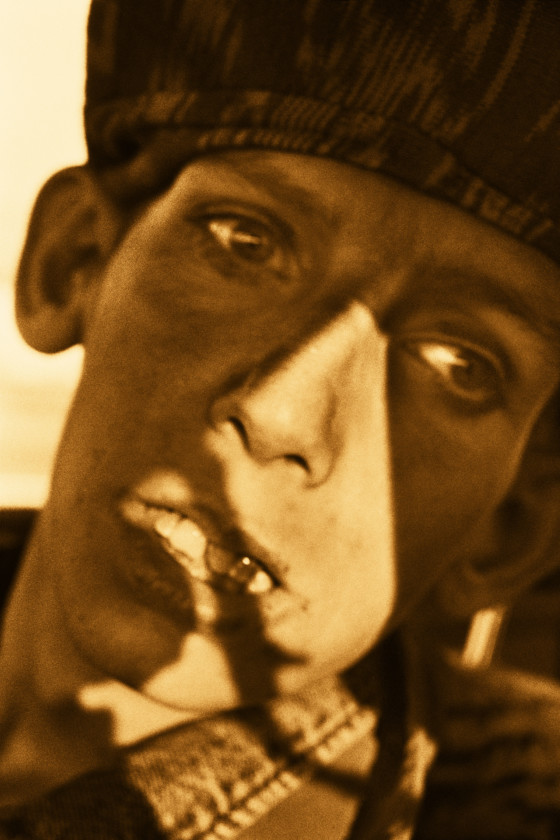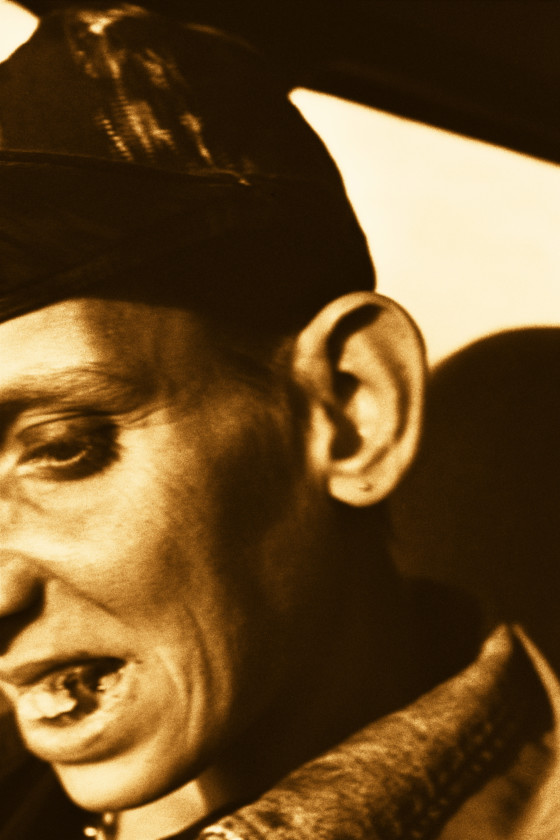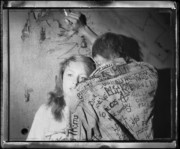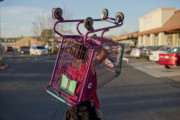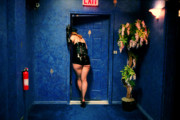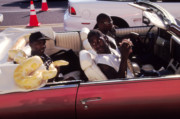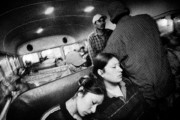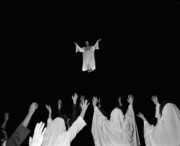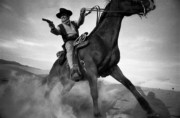A Completely True Work of Fiction: Jim Goldberg’s Raised By Wolves
The personal story behind the making and the legacy of Goldberg's seminal work about marginalized youth, which occupies the liminal space between documentary and narrative fiction
The city is made to get lost in. Some people disappear there by design, seduced by the freedom of anonymity, the chance for reinvention. Others—often those short on means and advantages—arrive seeking a better life but find themselves pushed to the margins, trapped, for myriad reasons, in a cycle of poverty that is extremely difficult to reverse.
Jim Goldberg, born in New Haven, CT, has devoted much of his practice to honouring those who fall into the latter category. His subjects are often people existing on the fringes, who are otherwise treated as invisible by mainstream society, or flattened into caricature. Raised By Wolves, published in 1995, followed California street kids as they fumbled through lives coloured by addiction, abuse, and violence.
10 years in the making, the book collected a sprawling cast of characters, and focused particularly on the stories of Tweeky Dave and Echo, two charismatic but deeply troubled young runaways whose lives became intertwined. Goldberg’s documentation couldn’t help but capture his subjects’ destitution, but it surfaced their humanity, too. Their personalities, their histories, and their dreams were given equal attention, and were often presented in their own words. The tenderness with which Goldberg approached his subjects revealed the tenderness they showed one another—all too often obscured in the average person’s encounters with the homeless.
Goldberg began speaking with and photographing Raised By Wolves’ subjects in 1985, and started assembling the book itself in 1991. Long out of print and prohibitively expensive on the secondary market, Goldberg reissued it as a bootleg in 2016. “I put it out myself in the spirit of how the original book was created, more of a maquette,” Goldberg recently said over the phone.
“It was done, mostly, on a Xerox machine. So, I duplicated that aesthetic. I added a few minor things, and decided some things could be in colour that weren’t in colour in the original edition, and sold it for a reasonable price.”
For Goldberg, Raised By Wolves was a natural progression in both form and content. In 1985, he had just completed Nursing Home, a commission that found him photographing the aging occupants of a retirement residence in Cambridge, MA, and Rich and Poor, a book that juxtaposed portraits of the Bay Area’s wealthiest residents against its poorest. Produced between 1977 and 1985, the portraits in Rich and Poor were annotated by their subjects, directly on the photographs, in their own handwriting. Goldberg would expand on this hybrid concept in Raised By Wolves.
"I wanted to look at those people who were outsiders, like I was"
- Jim Goldberg
“I had always been interested in dialectical arguments, or positions,” Goldberg explained. “I had done the Rich, and I had done the Poor, and I had done the Old with Nursing Home, so it made sense to do something with young people. And when I thought of youth, I thought of my own teenagehood and childhood, and other people I knew who were often scapegoated, not appreciated, or not given a chance. The end result was trouble for them. I wanted to look at those people who were outsiders, like I felt I was.”
Goldberg found compelling, sympathetic figures in Dave, Echo, and their coterie of misfits. He formed relationships with the runaways he began tailing around LA, becoming enmeshed in their lives. He provided his subjects both material assistance and friendship, and even housed Echo’s birth mother for a time when she came out west to help Echo during her pregnancy.
Goldberg views Raised By Wolves as part of a trilogy, which began with Rich and Poor and ended with his most recent book, Candy, released in 2017. “It took me time to understand this,” he said. “All three books are about where I grew up, and how I grew up. The books represent a lot of the same themes about race, class, age, love, lust, betrayal–they’re tied together.”
"It’s all about where I grew up, and how I grew up. It’s about race, and class, and all these things. "
- Jim Goldberg
Raised By Wolves is the trilogy’s most shambolic installment, mirroring the experiences of its subjects. It is a true mixed-media endeavor. The book is comprised of photographs, fragments of conversations, hand-written notes and drawings, home movie stills, Xeroxes of government correspondence, receipts from Carl’s Jr., snapshots of items that belonged to his subjects—the reverberations of lives lived. In exhibition, Raised By Wolves becomes even more multifaceted, adding home movies and physical objects, like Dave’s denim jacket.
"Their lives were palpable"
- Jim Goldberg
"[Raised by Wovles] plays in the liminal space between documentary and narrative fiction"
-
Goldberg is quick to point out that Raised By Wolves is not a work of photojournalism. It plays in the liminal space between documentary and narrative fiction—“a work of fiction that’s completely true,” as he put it. Tweeky Dave, Echo, and the rest are real people, and the photographs, text, and ephemera that make up the project are all authentic products of their lives, but the tales they tell are often half-truths, sometimes fully fabricated. In one of the book’s most quotable passages, Dave refers to his mother as a junkie slut, his father a biker from Hell.
“His parents lived in Texas. They were devout Christians. They weren’t junkie sluts,” Goldberg reminds me. “He made that all up, or he transposed an idea of what they were. But the fact is, the boy was dying, and I was calling them, and they had no interest in being in touch with him. So, whether they were junkies, or sluts, or bikers, or Christians, they weren’t good to him. And he was so good. He was very special and good.”
"...they weren’t good to him. And he was so good. He was very special and good."
- Jim Goldberg
Raised By Wolves was pulled back into the headlines in 2016, when Kanye West wore a jacket that was effectively a replica of Dave’s and later sold jackets mimicking the style as part of a fashion collection released in support of a new album. Goldberg, who has watched over Dave’s estate since he died of kidney failure in 1993, publicly decried the design as an act of artless appropriation. “They had no idea where it came from,” Goldberg says. “He thought it was just a fashion item.” Kanye’s ripoff of Dave’s jacket offers a microcosmic look into how fashion operates as a medium: marginal lifestyles or subcultures are plucked out of context, reduced to pure aesthetic, and repackaged for consumers who have no sense of where the looks they’re buying originated. “That, to me, was what was most upsetting, that history was lost,” Goldberg continued. “All over the place it’s lost, and this is just another example of how something taken out of context loses its meaning.”
It is precisely this type of erasure that Goldberg’s work aims to prevent, and the whole affair just underscores the significance of projects like Raised By Wolves. With patience, persistence, and sensitivity, Goldberg became an advocate for one of society’s most marginalized demographics. He ensured that their stories, at least, would not be lost, and by shaping a fully-realized, three-dimensional account of lives like Dave’s and Echo’s, he offered a window into the day-to-day struggles faced by so many that was difficult to ignore. “Their lives were palpable.”


